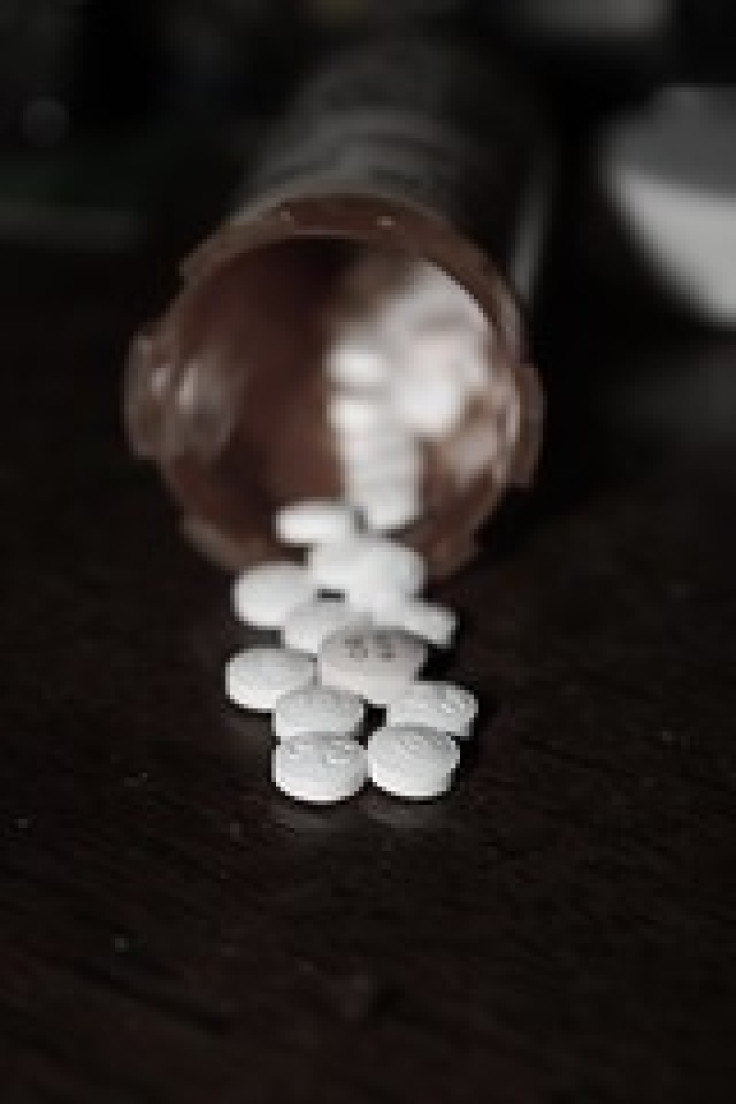Pharmaceutical giant to pay $US81m suit

Two subsidiaries of pharmaceutical giant Johnson & Johnson have agreed to pay more than $US81 million ($A87.56 million) from the alleged illegal promotion of the epilepsy drug Topamax for psychiatric uses, the Justice Department announced on Thursday.
The Justice Department case was the second settlement this week involving a pharmaceutical manufacturer's alleged misconduct involving promotion of unapproved uses for a drug.
On Tuesday, Attorney General Eric Holder and Health and Human Services Secretary Kathleen Sebelius announced a $US520 million ($A562.1 million) settlement with AstraZeneca, resolving allegations of illegal marketing of the Anglo-Swiss company's antipsychotic drug Seroquel.
In the case involving Topamax, the government says Ortho-McNeil-Janssen Pharmaceuticals Inc will pay over $US75 million ($A81.07 million) for alleged illegal promotion of the drug for a variety of psychiatric uses.
Ortho-McNeil Pharmaceutical LLC, a subsidiary of OMJPI, has agreed to plead guilty to a single misdemeanour violation of the Food, Drug and Cosmetic Act and to pay a $US6.1 million ($A6.59 million) criminal fine.
The government says that Ortho-McNeil Pharmaceutical promoted Topamax sales for unapproved psychiatric uses under a program called Doctor-for-a-Day. Under it, Ortho-McNeil hired outside physicians who joined sales representatives in visits to health care providers and to speak at meetings and dinners about prescribing Topamax for unapproved uses.
In a statement, Ortho-McNeil-Janssen Pharmaceuticals Inc said it has been cooperating with the government since its investigation began in December 2003.
OMJPI denies it engaged in any wrongful conduct, with the exception of acknowledging the admissions made by Ortho-McNeil Pharmaceutical LLC in connection with the misdemeanour plea, the company added.
The settlement resolves two lawsuits brought under the False Claims Act, in which private whistleblowers can sue on behalf of the United States. More than $US9 million ($A9.73 million) of the settlement will go to the private citizens who brought the lawsuits.
jc











